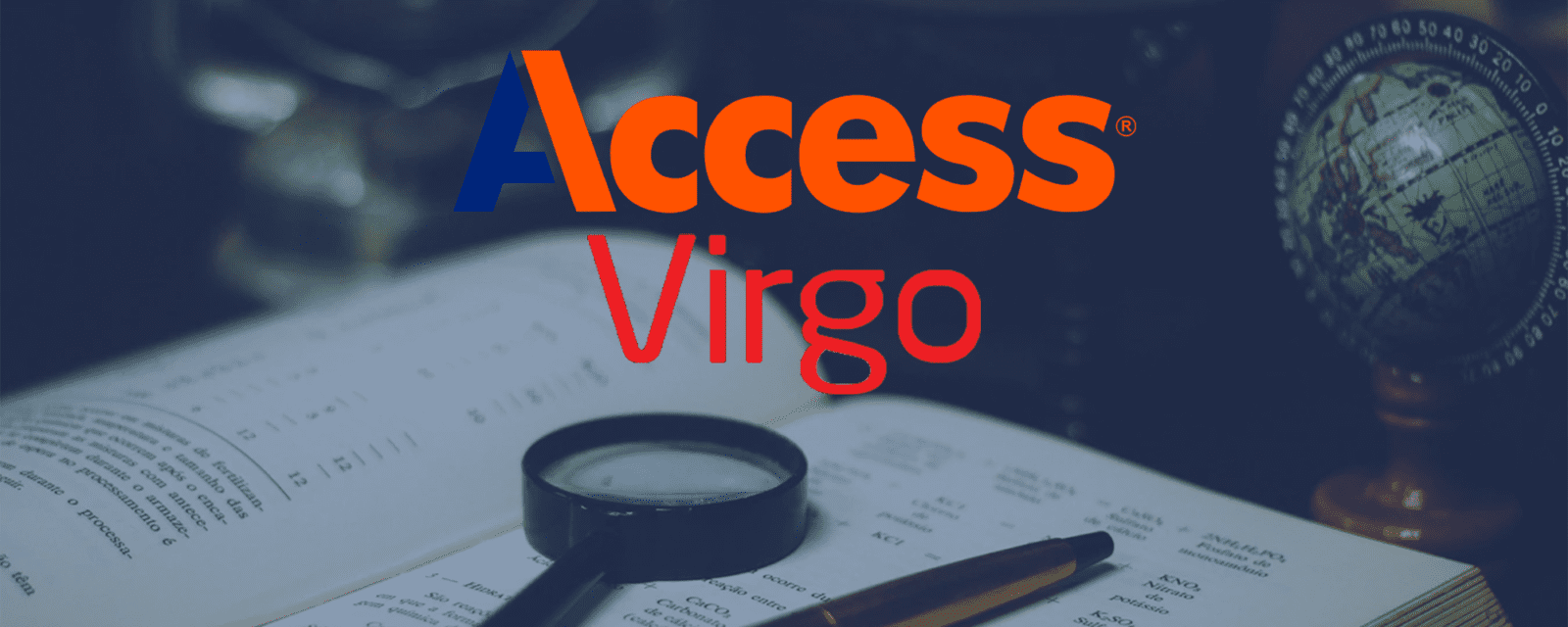
By now you’ve probably heard the news: Information Governance Solutions (IGS) is now a part of Access. This announcement marks an exciting turn of the page for Access as we unify the best minds in information governance and records management within our organization. Along with the acquisition of Montaña and Associates in 2019, this addition represents our continued commitment to being the best in this space, providing software, solutions, and services guided by the industry’s leading experts.
With that in mind, we sat down with John Isaza, Esq., FAI, co-founder of IGS and now VP of Advisory Services for Access, to discuss how IGS and the Virgo platform can help organizations of all sizes stay up-to-date with an increasingly complex regulatory landscape.
Thanks for joining me today, John. First of all, welcome aboard! Can you tell us a little about IGS and Virgo?
IGS and Virgo are natural complements to Access’ growing business, and we are excited about scaling Virgo and its capabilities toward a broader vision for information governance. Attorneys, paralegals and certified records managers use our Virgo software to consistently advise organizations on how to best manage and comply with their records programs on a global scale. We can help organizations from small businesses to large multi-national companies improve their approach, become more efficient, and avoid security risk and regulatory fines.”
Why did you and Todd found IGS? What made you think a platform like Virgo was something businesses would want?
We founded IGS because we were tired and frustrated from the process of tracking regulations and trying to map them manually to the record series or buckets in a retention schedule. We figured if it was this painful for us, we could only imagine how much more painful it would be for people who do not do this for a living. From the onset, we have always had a bigger vision for making the lives of information governance professionals easier, beginning with our contribution to the retention schedules and privacy concerns.
What concerns you most about the way organizations are currently monitoring data privacy regulations?
The biggest concern is that companies do not know what they need to keep and for how long. Virgo informs that, which is the very first step in determining what you must keep and by extension what to dispose when no longer needed.
It’s only February, but many already have their eyes on the regulatory horizon for 2021 and beyond. What step can businesses take today to reduce their exposure to these dozens of looming enforcement dates?
We have long maintained that the records retention schedule is the first line of defense to not only electronic discovery, but also now to privacy compliance. This is because the retention schedule informs what you must keep to meet regulatory and business needs, so the organization can dispose of everything else that is redundant, obsolete or trivial.
Thanks to John for taking the time to answer our questions. Keep a look out for more news, as Access will be combining Montaña & Associates’ LexiTrac capabilities, including its pioneering privacy advisor module, into IGS’ Virgo platform for policy control of retention and privacy.
To get up-to-date on the latest advances occurring in information governance, check out this infographic we produced with AIIM!



